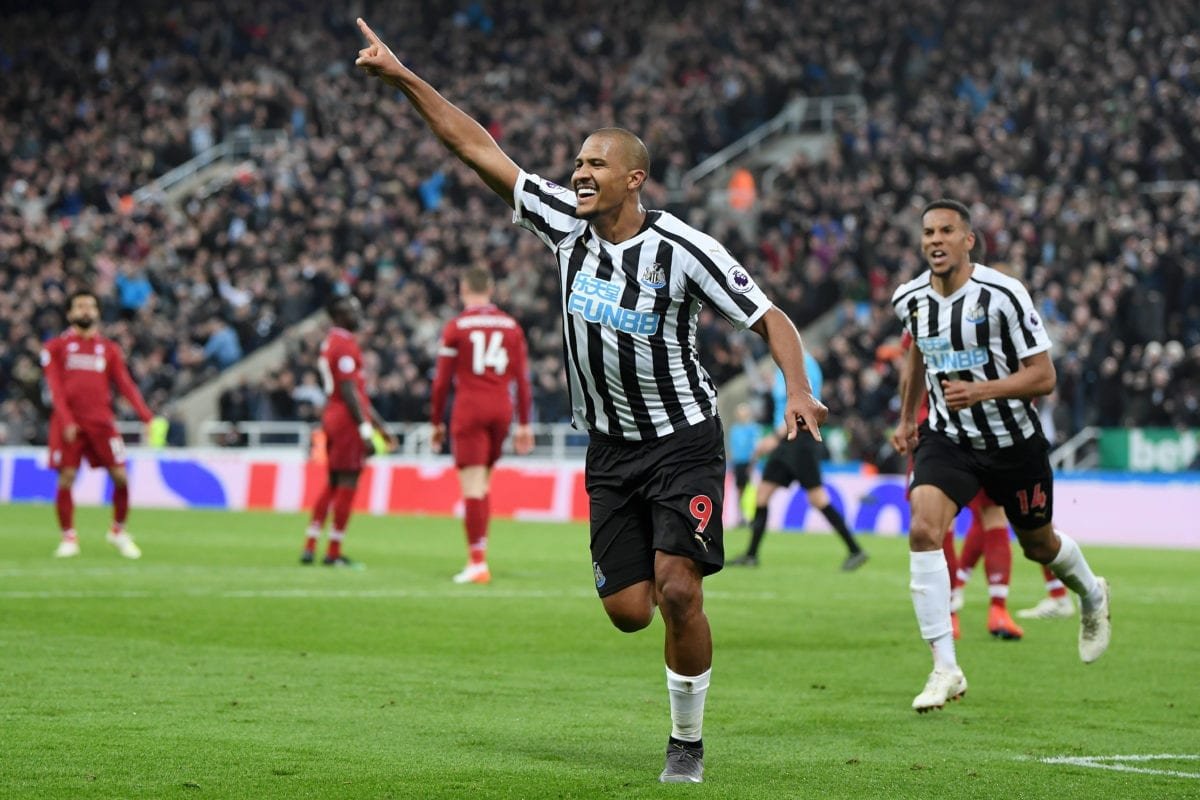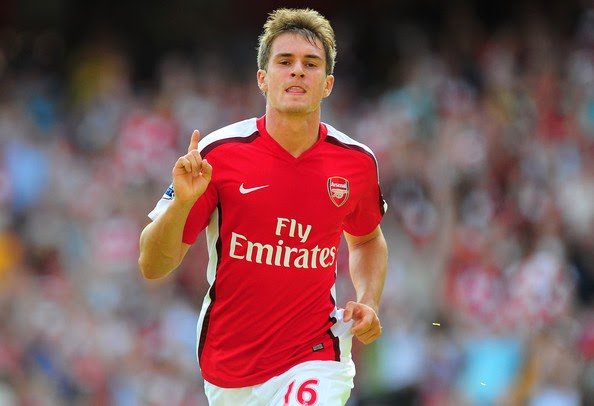Graham Potter, a name that resonates within the football management scene, is known for his unique coaching style, remarkable rise through the lower leagues, and his stint with top-flight clubs like Brighton & Hove Albion. From humble beginnings to the Premier League, Potter has made a name for himself with his tactical ingenuity and calm demeanor. This article delves deep into the life and career of Graham Potter, exploring his background, coaching philosophy, notable achievements, and the challenges he faced along the way.
Early Life and Football Career
Born on May 20, 1975, in Solihull, England, Graham Potter was always involved in sports. His early passion for football saw him take on various youth roles before he found his place in the professional scene. However, it wasn’t as a high-profile player that he made his mark. Potter’s playing career was relatively low-key compared to many other top football managers.
He spent the majority of his playing years at clubs like Stafford Rangers, Wycombe Wanderers, and the University of Hull, where he pursued his degree. Despite not making it big as a player, Potter’s understanding of the game began to shine through his deep tactical knowledge, which would later define his managerial career.
A Journey Through Lower Leagues
Graham Potter’s managerial journey began at a grassroots level, which is often where many of the most innovative managers start their careers. His first big break came when he took over as the manager of Östersunds FK, a club based in Sweden. At the time, Östersunds was a modest team playing in the second division of Swedish football.
Under his guidance, the team experienced a meteoric rise, securing promotion to the Allsvenskan, Sweden’s top-tier football division, in 2015. Potter’s success at Östersunds was not just about winning matches; it was about reshaping the club’s identity. His focus on developing young players, integrating advanced statistics, and using a fluid tactical system was a breath of fresh air in Swedish football.
The Tactical Genius: What Makes Graham Potter’s Style Unique?
One of the most talked-about aspects of Graham Potter’s career is his tactical approach to the game. He is known for his possession-based, fluid, and attacking football. His teams often play with a high defensive line, pressing opponents high up the pitch, and maintaining possession to wear down opposition defenses.
Unlike many of his contemporaries, Potter doesn’t rely heavily on traditional formations like the 4-4-2 or 4-3-3. Instead, he is adaptable, often switching between systems based on the opposition and the context of the game. Whether it’s playing with wing-backs, a flat back-four, or a more attacking formation, Potter’s tactical flexibility is one of his defining features.
Making the Move to Brighton & Hove Albion
In 2019, Graham Potter was appointed the manager of Brighton & Hove Albion in the Premier League. This move marked a significant step up in his career, as he transitioned from managing a mid-tier Swedish team to one of England’s top-flight clubs. Many questioned whether Potter was ready for the Premier League, but he proved his worth by guiding Brighton to a more progressive and attractive style of football.
At Brighton, Potter continued to implement his tactical philosophy, focusing on high pressing, positional rotations, and ball retention. The club’s performances under his management were often admired, even if the results didn’t always reflect the level of football they were playing. Potter’s approach was bold for a club traditionally battling relegation, and it garnered respect from fans and analysts alike.
Challenges Faced at Brighton
Despite his tactical acumen, Graham Potter faced numerous challenges at Brighton. One of the biggest hurdles was managing a club with limited resources compared to the traditional Premier League giants. Brighton’s budget meant that they couldn’t compete for big-name players, making it essential for Potter to develop lesser-known talents and integrate them into his system.
Moreover, Brighton’s inconsistent performances under Potter led to questions about his ability to secure results. While his teams played entertaining football, they often struggled to convert possession into goals, which ultimately led to frustration among fans and the media. Nevertheless, Potter’s resilience was evident, and he continued to build his legacy as a manager who valued long-term development over short-term results.
Graham Potter’s Influence on Player Development
Another area where Graham Potter has made a significant impact is in the development of young players. He has always been known for giving opportunities to young talent and helping them flourish in the first team. At Brighton, players like Tariq Lamptey, Leandro Trossard, and Adam Webster thrived under his guidance.
Potter’s ability to nurture young talent stems from his belief in a holistic approach to player development. He emphasizes not only tactical understanding but also mental and physical growth. This approach has earned him a reputation as a manager who can get the best out of his players, regardless of their age or experience.
Transition to Chelsea: A New Chapter
In 2022, after a successful stint at Brighton, Potter made the move to Chelsea, one of the most high-profile clubs in the world. His appointment was met with excitement and anticipation, with many believing that his tactics and philosophy would complement Chelsea’s wealth of talent. However, his time at the club proved to be challenging.
Chelsea, plagued by inconsistency and the pressures of competing at the highest level, struggled to adapt to Potter’s methods. Despite showing glimpses of the exciting football he had achieved at Brighton, Chelsea was often caught between defensive stability and attacking ambition. This led to mixed results, and while Potter was able to make strides with certain players, the overall team performance did not meet the club’s lofty expectations.
The Future of Graham Potter
Graham Potter’s career trajectory has shown that he is a manager with immense potential, but also one who has faced numerous obstacles. His approach to football, rooted in innovation and player development, is likely to continue influencing the next generation of coaches.
As of now, it is unclear where Potter’s next managerial opportunity will lie. However, his reputation for building successful teams and playing attractive football means he will remain a sought-after figure in the football world. Whether he takes on a club in the Premier League or abroad, it is clear that his tactical intelligence and commitment to developing young talent will continue to shape his future successes.
FAQs
Who is Graham Potter?
Graham Potter is an English football manager and former professional player. He gained recognition for his work as the head coach of Brighton & Hove Albion, where he earned praise for his tactical approach and ability to develop young players. Prior to his time in the Premier League, Potter had notable success with Swedish club Östersunds FK.
What teams has Graham Potter managed?
Potter’s managerial career includes stints at several clubs. After managing Östersunds FK, where he achieved remarkable success by leading the team to European competition, he moved to Brighton & Hove Albion in 2019. In addition to these roles, he has also been linked with various managerial jobs in both domestic and international football.
What is Graham Potter’s managerial style?
Known for his emphasis on possession-based football and tactical flexibility, Potter prefers a fluid attacking style with high pressing. His teams are often well-organized defensively, while also showcasing creativity going forward. He focuses on developing young players and nurturing a team-oriented approach to the game.
Why did Graham Potter leave Brighton?
Potter left Brighton & Hove Albion in 2022 after a successful tenure, where he helped the team establish themselves in the Premier League. His departure was partly due to his desire to take on new challenges. He has since been linked with a move to higher-profile clubs in the Premier League and beyond.
What are Graham Potter’s career achievements?
Potter’s key achievements include guiding Östersunds FK to a historic qualification for the UEFA Europa League and winning the Swedish Cup. At Brighton, he successfully navigated challenging seasons, helping the club maintain its Premier League status. His career has been marked by a focus on development and tactical innovation.
Final Thought
Graham Potter’s career is one of resilience, growth, and innovation. From his humble beginnings in Swedish football to the bright lights of the Premier League, Potter’s rise through the ranks is a testament to his tactical brilliance and determination. Despite facing challenges at both Brighton and Chelsea, his ability to adapt and evolve continues to make him a respected figure in the football community.
His approach to football management, focused on flexibility, player development, and a progressive style of play, sets him apart from many other managers. While his journey is far from over, Graham Potter’s legacy as one of football’s most promising managers is already cemented. As he continues to evolve and learn from each experience, football fans can only wait to see where his next chapter leads.
To read more; Click here



